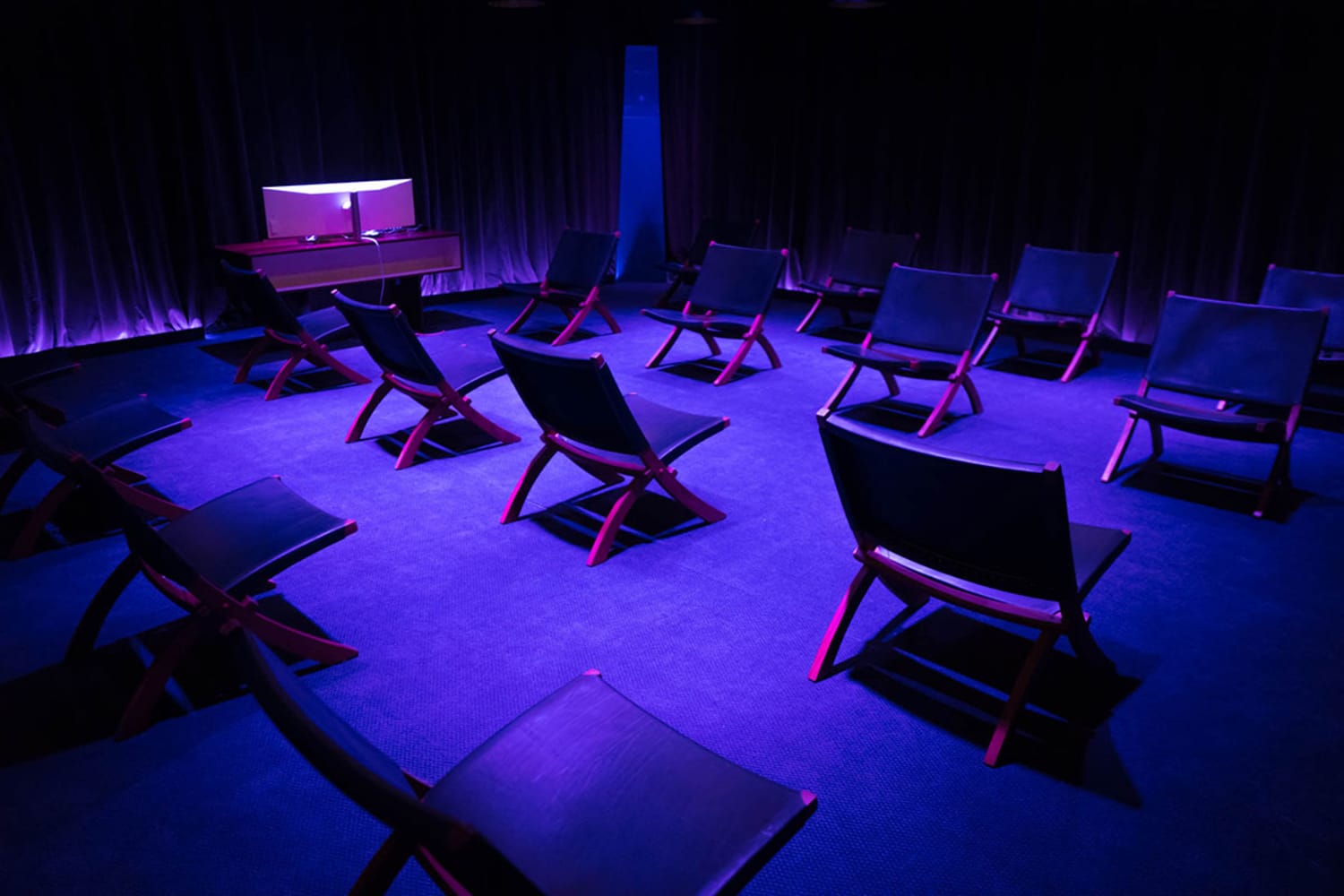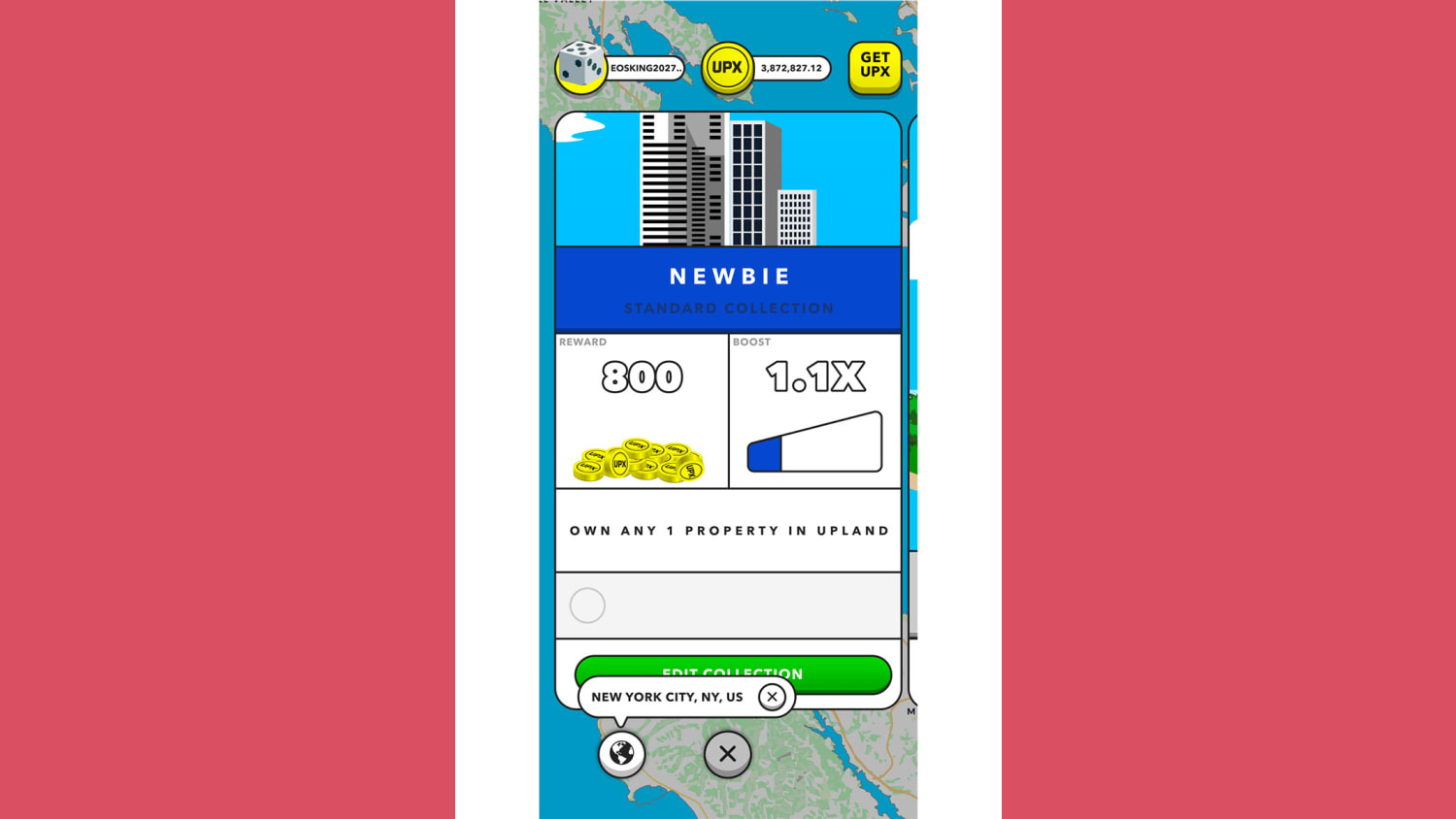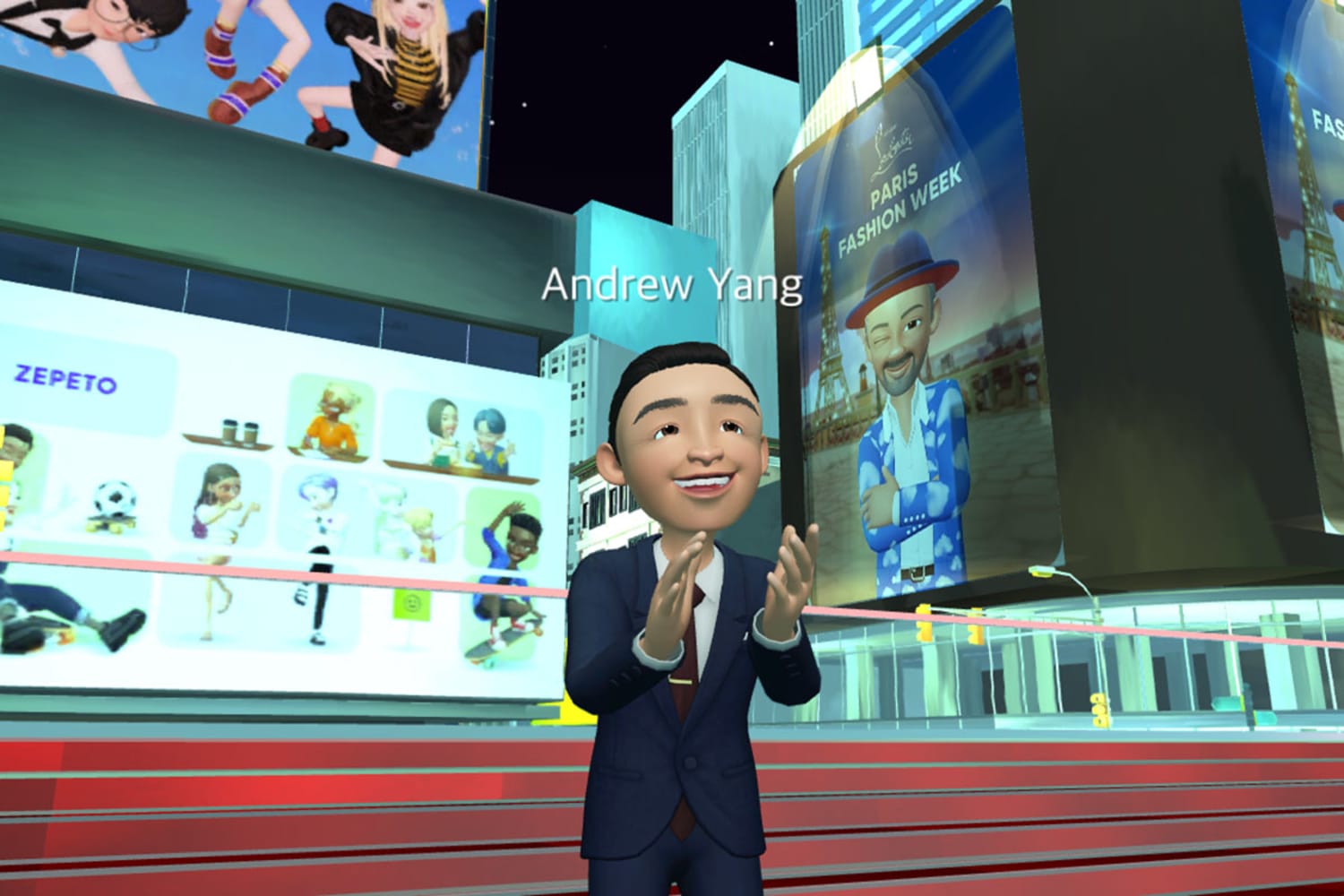Communities in the Metaverse are constructing a new world where participants are straddling physical and virtual realities. From political campaigns to real estate and entertainment, the evolving metasociety forces consumers and brands to rethink our conception of spaces and places.
Liminal spaces are opening up new realms for community engagement.

The next generation of immersive experiences are bridging the gap between physical and virtual spaces. MoFE, the Museum of Future Experiences, hosts a seated but interactive production of “intimate, sensorial experiences” for its audiences. The museum’s latest installation, Liminality, is an hour-long audiovisual show meant to evoke a “dreamlike experience.” The show, which runs from June 11 to July 1, blends virtual reality and ambisonic sound to explore the “liminal” realm that exists between realities.
The ZeroSpace Museum is another liminal gathering space that combines art, entertainment, and virtual reality in an immersive 25,000 square foot “art playground.” Visual artists from around the world contributed to this unique and inclusive experience. When the museum reopens, New York City visitors of all ages can see, hear, and touch the carefully crafted installations as they make their way through the galleries.


This new world is more than an afternoon of entertainment. Real estate developments and major financial investments are underway in the metaverse. In March, Metaverse Group announced their intent to launch the first Metaverse land asset real estate investment trust: Metaverse REIT. The world’s first digital house sold for $500,000 in March as well, for which the buyer received 3D files to upload their acquired Metaverse. Prices are steep: but buyers can invest in the Republic Realm Digital Real Estate Fund to purchase virtual land. Or, interested parties can turn to Upland, the collective NFT metaverse, to buy, sell and trade virtual properties.

Metapeople are evolving alongside metahomes—even stepping into politics, courtesy of New York City Mayoral candidate Andrew Yang’s meta-campaign. On June 10th, avatar-Yang held a press conference for potential voters via the platform ZEPETO. Speaking to the platform’s 90% gen Z audience, Yang was quoted saying that virtual economies “can be a path forward for a lot of New Yorkers and young people.”
Virtual concerts made a lot of noise over the last year, and some 150 million viewers tuned into Luo Tianyi’s New Year’s Day performance in January. Tianyi is one of China’s rising vocaloids in the pop-tech-music industry. With 5 million followers, the teen star’s performances often sell out in minutes. Her fame is anything but virtual: she’ll be performing alongside Andrea Bocelli in CCTV’s Spring Festival Gala this spring.
Reaching all corners of the media, 60 Minutes is covering the metaverse’s economical updates and impacts. Digital artist Beeple and rapper Flo Rida’s avatar are amongst the featured guests in the two-part series that discusses the evolution of AR and NFTs in social, gaming, and economical contexts.
NFTs, VR entertainment, and digital clones are forging a new world, giving way to experiences that enhance, rather than replace, the physical world. A liminal bridge of physical and meta experiences is here, evolving and growing, and as real as we decide it should be.
For more, download our full report: "Into the Metaverse."
Please provide your contact information to continue.
Related Content

VML Prague and KitKat offers a digital break with its new "Phone Break" campaign

